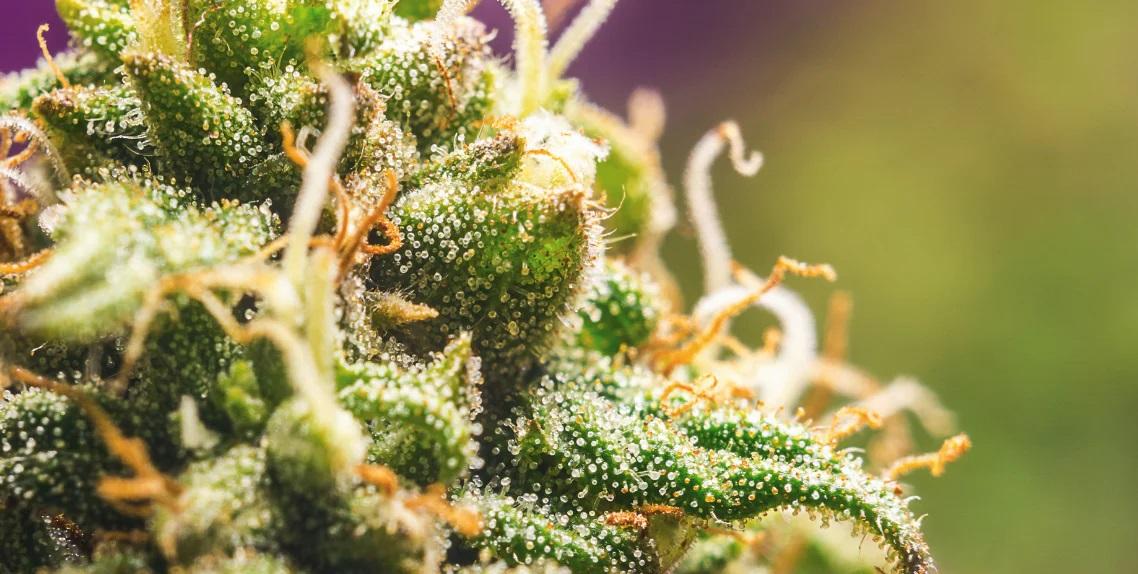The 2024 election didn’t go as planned for marijuana legalization advocates, but the outlook remains positive.

The November 2024 election was expected to mark the tipping point, where legal marijuana states would become the majority, with three states considering legalization measures to join the existing 24. However, all three recreational marijuana proposals on the ballot were rejected. This outcome, despite media portrayals, doesn’t indicate waning support for marijuana legalization, which has seen rapid growth in recent years. Instead, it reflects a specific election and unique circumstances.
First, consider the remarkable rise of marijuana legalization. In 2012, not a single state had legalized recreational marijuana. By 2024, 24 states—nearly half the country—had done so, representing a majority of the nation’s population. This momentum isn’t likely to be dampened by a single election, especially given the nuances at play.
In Florida, Amendment 3 saw about 56% support, with over 1.2 million more “Yes” votes than “No” votes. Interestingly, eight of the 24 states with legalized marijuana passed their measures with less support. In other words, a strong majority of Floridians—a deep south state—support legalization for adults 21 and older. However, Florida requires a 60% threshold for ballot initiatives. Polls prior to the election indicated that support exceeded this threshold, with some attributing the Election Day drop to Governor DeSantis’s use of taxpayer funds to campaign against the measure.
In North Dakota, Measure 5 fell short by fewer than 20,000 votes in a state where the conservative lean is nearly 80%, according to Pew Research. Although the measure narrowly failed, proponents have signaled they’ll continue the fight.
South Dakota’s proposal was rejected by the widest margin, 44.5% to 55.5%, yet this isn’t necessarily a definitive setback or a sign of a lack of support for legalization. The state has a complex history with marijuana measures; in 2020, voters approved a similar initiative, only to see it overturned in court.
Despite these three setbacks, legalization remains widely popular. A Gallup poll released earlier this month found that 68% of likely U.S. voters support legalization. A separate YouGov poll, released just days earlier, reported nearly identical results with 69% support. Both polls found majority support among all age groups and political affiliations.
Marijuana proponents also saw several victories across the nation this election, albeit not full legalization: In Nebraska, an imitative to legalize medical marijuana was passed handily, as were marijuana decriminalization initiatives in three Texas cities including Dallas. In Kentucky, there were 106 cities and counties voting on whether or not to allow medical marijuana dispensaries: Every single one was approved with at least 60% support.
Marijuana legalization remains a popular issue with momentum on its side. In 2025 numerous states, including Hawaii and Pennsylvania, are aiming to legalize marijuana via their state’s legislature, while proponents in several other states are currently formulating initiatives they’re hoping to place on the 2025 or 2026 ballots.
Whatever comes of the next few years, one thing is clear: Most Americans want marijuana legal, and activists aren’t going to stop until it’s achieved nationwide.








